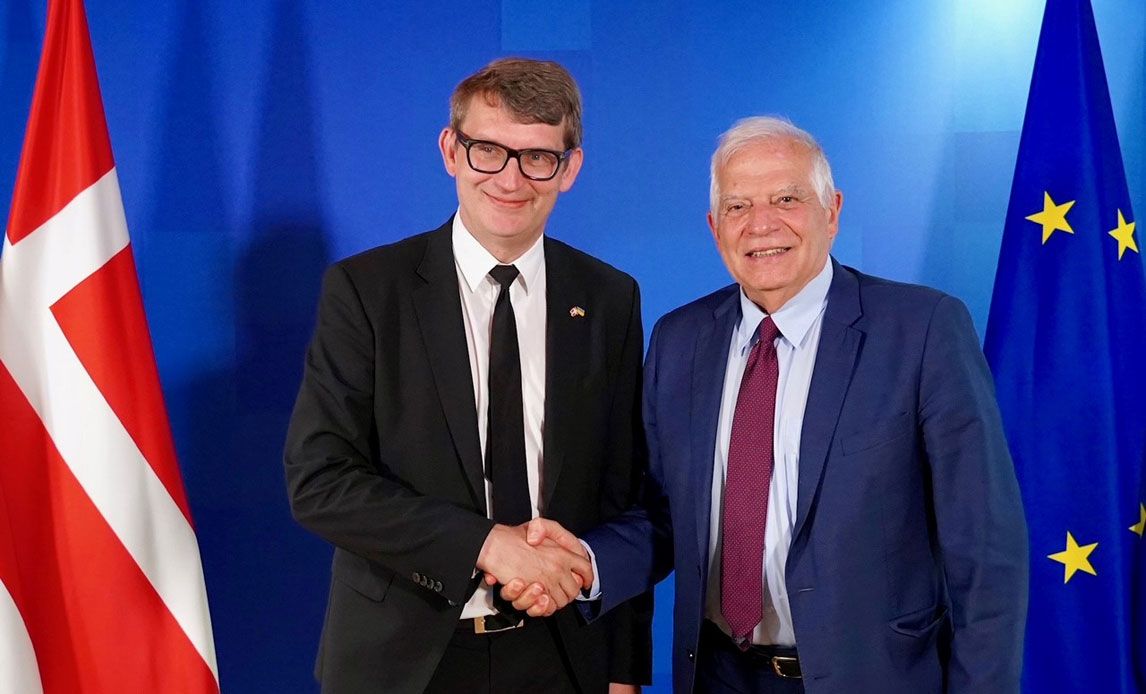Denmark took a final step towards abolishing its EU defence reservation by becoming an official member of PESCO today.
Existing members unanimously voted in favour of Denmark joining and now Malta remains the only EU country not part of the Permanent Structured Cooperation.
“Denmark’s participation in PESCO is a milestone. We are now part of all aspects of security and defence collaboration in the EU,” said acting defence minister, Troels Lund Poulsen.
“We will have an opportunity to influence the strategic direction and participate in specific co-operation projects with the other member states.”
READ ALSO: Denmark votes to join European Defence Agency
New geopolitical landscape
Having been approved to join PESCO, Denmark can now request to take part in specific projects related to EU defence policy.
Poulsen underlined the importance of Denmark being able to collaborate with fellow EU members, given recent geopolitical upheavals.
“The War in Ukraine has accentuated the importance of being able to rapidly move military equipment across borders,” he said.
There are currently 68 PESCO projects that span across a multitude of arenas, including maritime security, green technology and cyber security.
Two projects that Denmark is already looking to join relate to military mobility and cyber security.
















